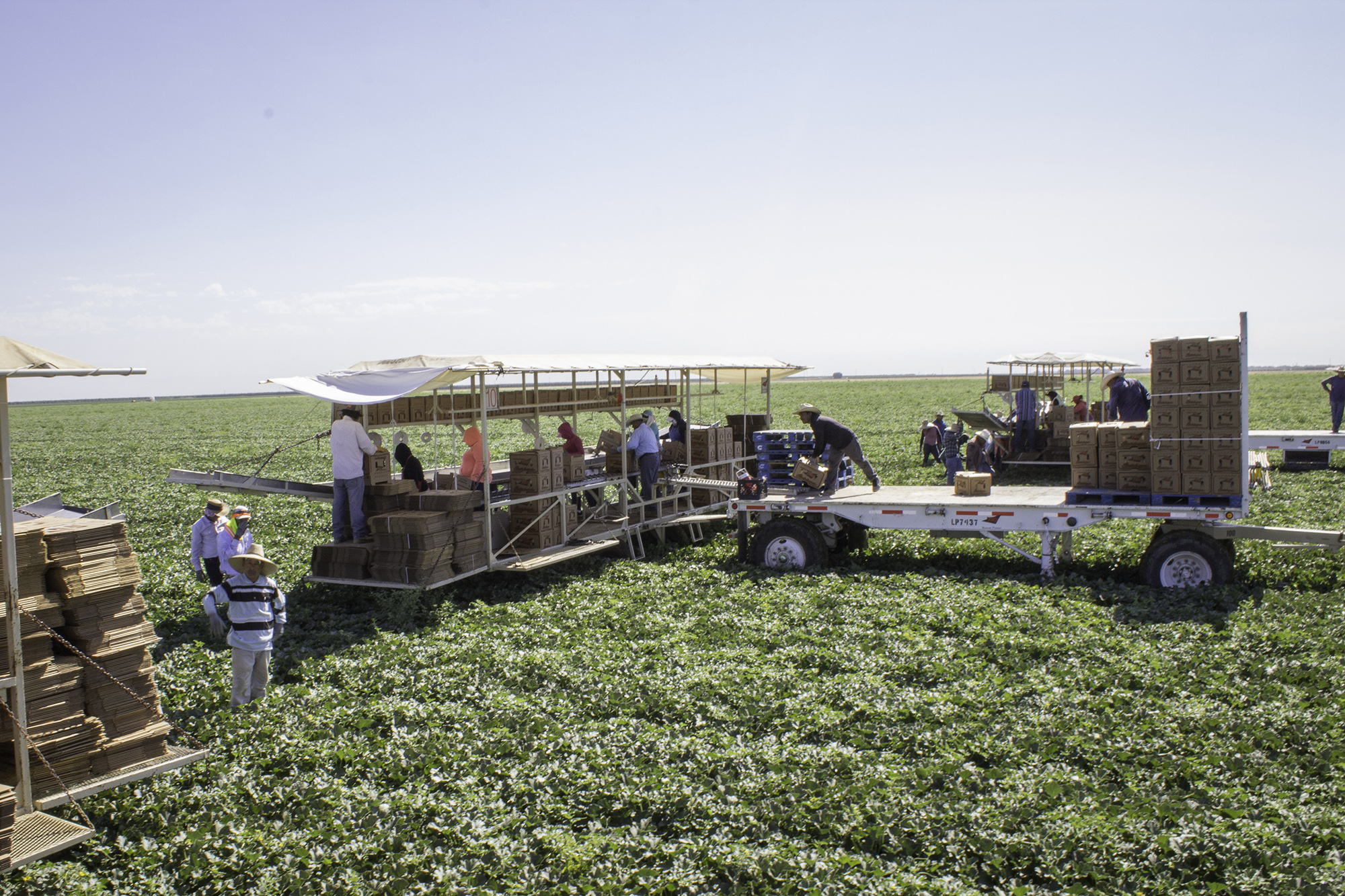New Produce Safety Laws Not New to California Cantaloupe Farmers
On January 26, 2018 fruit, nut and vegetable farmers throughout the country began being required to follow specific food safety practices under a new federal regulation known as the Produce Safety Rule.
For now, the new regulation applies only to large farms, defined as those with annual produce sales of $500,000 or more. These are exactly the kinds of farms who supply most of the produce to your local grocery store. Smaller farms will be phased in over the next few years.
The new rule is part of a sweeping new law called the Food Safety Modernization Act, which was enacted under the Obama Administration but is just now taking effect across the nation. The law represents the first time that food safety practices have been mandatory on farms to prevent foodborne illnesses.
However, for California cantaloupe the requirements outlined in this law are nothing new. Under a unique mandatory food safety program established in 2012, California cantaloupe farmers have been required to follow set of science-based food safety practices on their farms and in their packing and cooling facilities. For the past six years, California cantaloupe farms have been inspected regularly by government auditors to ensure the practices are being followed. This program is enforced through the California Department of Food and Agriculture. You can read more about the California Cantaloupe Advisory Board’s mandatory food safety program here.
The California Cantaloupe Board is working now to ensure its required food safety practices match what is required under the new Produce Safety Rule. In many cases, the required practices for California cantaloupe farmers exceed what is required under the new federal rules.
The practices are similar to what is required of restaurants or to the precautions you might take in your own kitchen to keep food safe. They are activities designed to ensure produce is properly handed by workers who are trained to use good hygiene; to make sure farm equipment is sanitary; to ensure soils where produce is grown is safe and that measures are in place to prevent contamination of produce by wildlife or nearby domesticated animals. Additionally, farmers are required to keep written records to document their farming practices.
The goal of all these rules and laws is, of course, to make sure that produce is safe. Farmers are committed to producing safe food, but it can be challenging since most produce is grown outside and is often eaten raw. For many years, cantaloupe farmers have funded research to help them farm in the safest manner possible and, though some outbreaks associated with cantaloupe have occurred in the past, none of these outbreaks have involved cantaloupe from California.
Consumers have a role too in making sure their food is safe and proper handling in your own kitchen is important. The California Cantaloupe Advisory Board has produced a series of videos on safe handling. Please take some time to watch these so you and your family can enjoy delicious, sweet cantaloupe from California with confidence.








